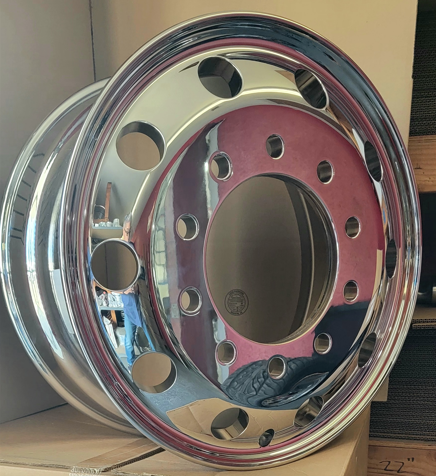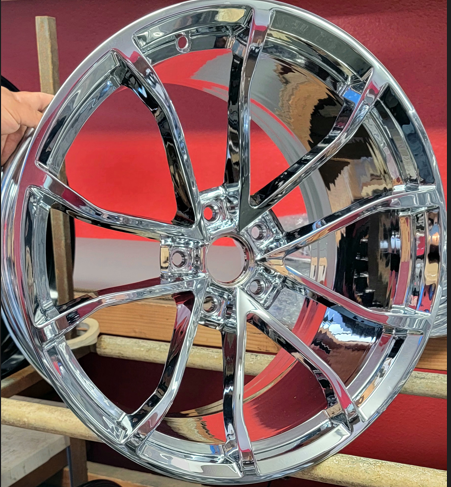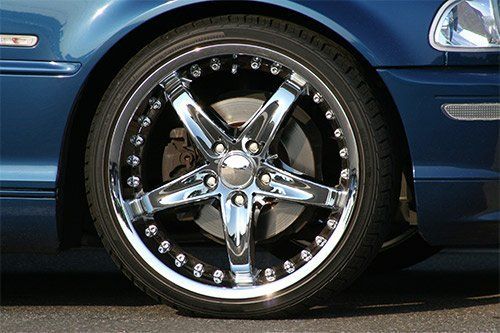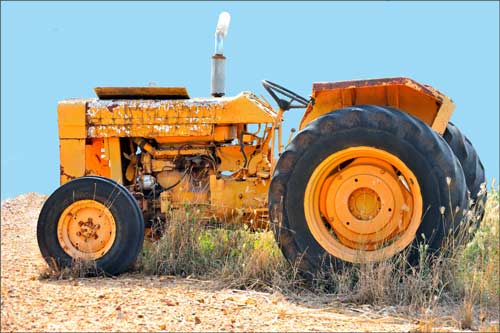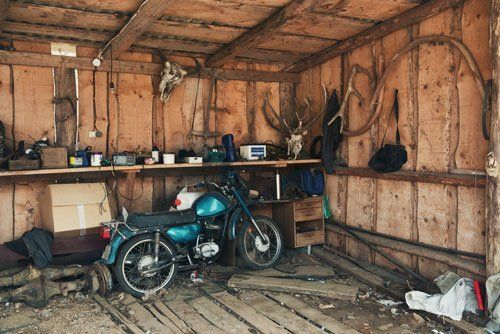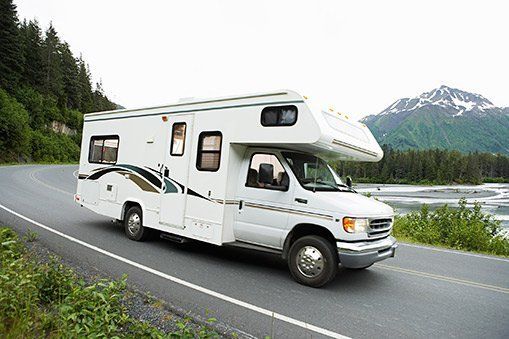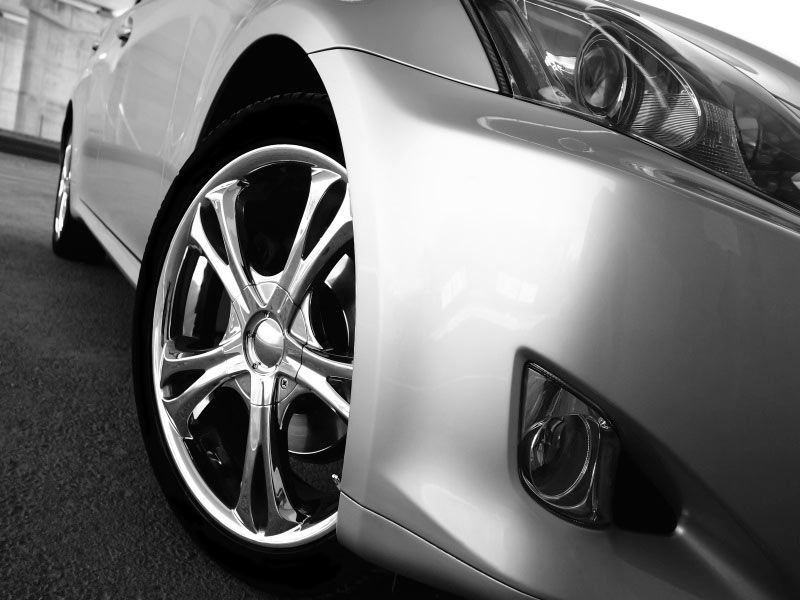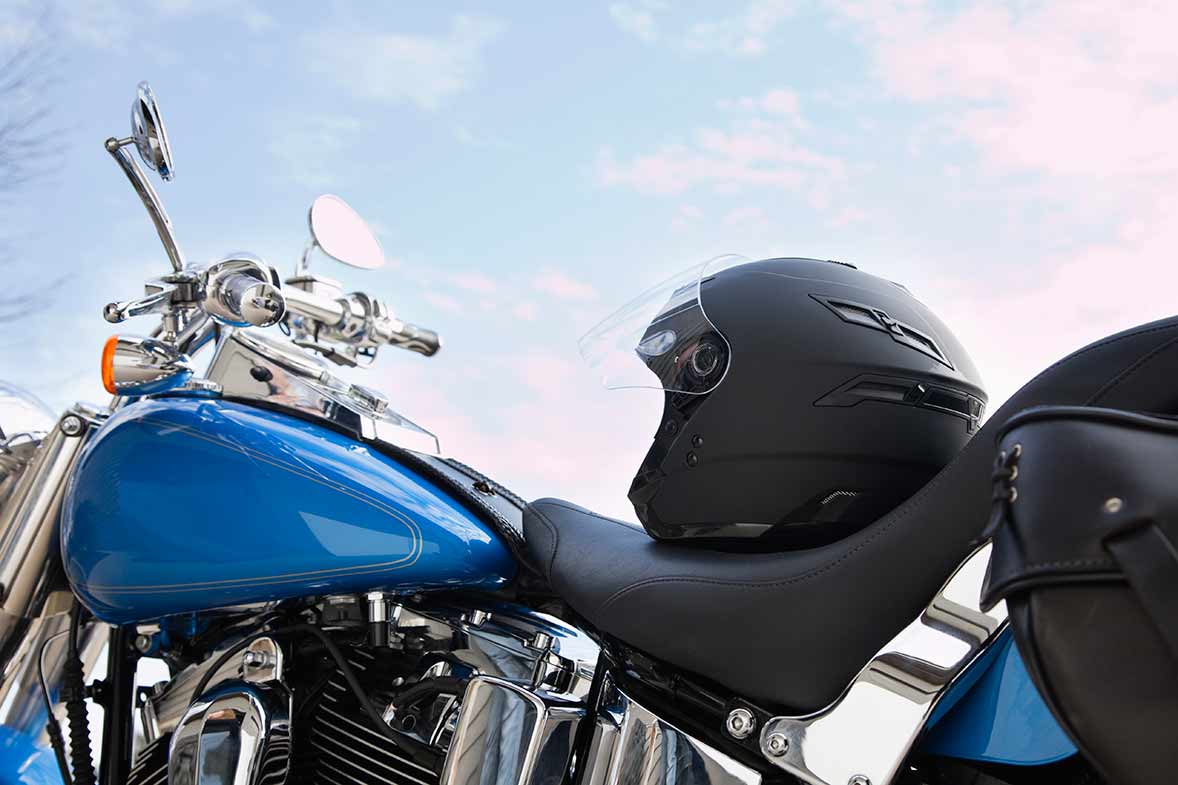Blog Layout
From the Wheels to the Pipes: How to Protect Your RV During Winter Travel
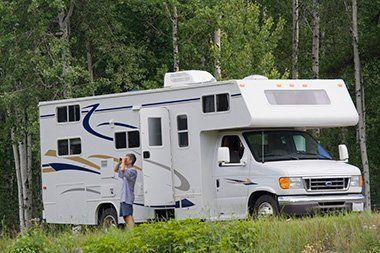
Living in Southern California is a dream, but it does leave much to be desired when it comes to winter weather. For a snow day, you'll have to hit the road in your RV and head to Big Bear Lake, Frazier Park, or one of the other snow-friendly areas in the area.
While the goal of the trip is to have a great time, you also should think about protecting your RV in winter weather. Learn what you can do.
Check the Forecast
See what the forecast will be before heading out. If you're visiting a place like Frazier Park, the average low during the winter falls well below the freezing line, which can spell trouble for an RV. When it's this cold outside, any water in the RV lines is at risk of freezing.
When the lines freeze, the sink, toilet, and shower will not function, which can create a major headache. If the RV has heated water tanks, you're safe, but if not, have a few extra jugs of water on hand so that you can still use the toilet should the water lines freeze.
Consider Chrome Plating
As you prepare your RV for the trip, consider chrome plating for the rims. While this process will dramatically improve the look of the RV's wheels, it will also offer an invaluable level of protection in winter weather. As you head into a colder territory, there will likely be road salt and other chemicals on the road to help keep the roads clear.
When these chemicals latch onto an untreated rim, they can cause rust and corrosion, which doesn't just make the wheel look bad but can also cause irreversible damage over time. Plating the wheels helps protect them from these substances and can even extend the wheels’ lifespan.
Park With Care
Be cautious about where you park your RV. If another driver hits a slippery patch or isn’t very confident with driving on snow or ice, a parking spot near the entryway makes your RV an easy target. It might be more of headache, but that spot in the middle of the lot might be safer.
Secondly, try to choose an area that offers a high level of sun exposure. The more time in the sun, the less likely the lines are to freeze and the warmer the inside of the RV will be.
Keep Plumbing Cabinets Open
Always leave the doors open for any cabinets that contain plumbing connections. Just as the outside water lines can freeze in cold temperatures, the inside lines can also freeze. If a line on the inside, such as under a sink, were to freeze, this could cause the line to burst and send water flowing all over the RV.
This wouldn't just put a damper on the trip, but it would also cause costly damage. Keeping the door open will keep heat circulating around the lines and help reduce the likelihood of a freeze.
Locate Heat Registers
Make certain you know where each of your heat registers are. Even if the temperatures don't fall below the freezing threshold, it will get quite chilly inside the vehicle, and you'll want to turn the heat on. It's important to know where these registers are to ensure they aren't blocked.
If there are any materials blocking these openings, even something as seemingly minor as a blanket, it could lead to a fire. If you haven't used the heating system before or in a long time, it might be helpful to review the manual to ensure you know how to operate it safely.
Have a great time in the snow while also protecting your RV with these tips. For your wheel plating
needs, visit Platinum Surface Coating. We are happy to help.
Share
Tweet
Share
Mail
COVID-19 HOURS
- Mon - Sat
- -
- Sunday
- Closed
Content, including images, displayed on this website is protected by copyright laws. Downloading, republication, retransmission or reproduction of content on this website is strictly prohibited. Terms of Use
| Privacy Policy


